Living Under the Radar: The Trauma of COVID-19 and the Death of George Floyd
November 8, 2020
Trigger warning: sexual assault, racial violence
Globally, life has changed drastically with the onset of COVID-19 and the murder of George Floyd. COVID-19 causes all of us to isolate and withdraw from our natural way of life, to a point where most of us are living under the radar, staying clear of anyone who could make us sick. It is within this withdrawal that other issues develop.
We, as humans, can no longer go on like this. If we do, our world will die, and we are dying with it. The death of Floyd is wrong. Silence is wrong. Election Day is the day we lift our voices and start crying into the night, “Oppression must be stopped!”
Business owners like me are struggling to pay rent, and some of us have lost the battle. Parents have lost jobs and with it the incomes they need to feed their families and pay rent to shelter their loved ones. Students like me lost our schools to online classrooms. We can see our teachers and classmates on our webcams, but within our rooms, loneliness set in.
Many people suffer in silence, and with COVID-19, we began to suffer alone.
For those who are suffering from mental health issues, have special needs, or are survivors of domestic and sexual abuse, our rooms create fences that only allow us to hide. Many people suffer in silence, and with COVID-19, we began to suffer alone. We hid. The voices we used in public became diminished and it is within that darkness that we began to build a fortress of doom around us. Wearing a mask brought about fear of the unknown and for us, fear could be deadly.
You may ask yourself: What does this have to do with Floyd’s death? I am a 63-year-old woman; I left school the first time at 19 to help my family pay the bills after my dad became seriously ill. But right before I was about to go back to school, I was brutally raped, and I knew my assailant. That was not the first time I was abused. I was abused most of my youth, molested by my uncle repeatedly from the time I was 11 years old until I was 14. When I tried to tell my family, he threatened to kill me, and I shut down.
If that was not enough, my mother suffered from borderline personality disorder, and in three separate episodes tried to kill herself and me with a kitchen knife. In every incident, I saved my mother and myself. At 19, I met someone I thought would love me, and he raped me. Again, my life was held in someone else’s hands and not my own. He stalked me for weeks to make sure that I would not tell a soul.
When I saw the news of Floyd being held down on the street, asking to be released and telling the police officer, “I can’t breathe!” our collective horror was a vivid reminder of how I felt when I was a victim. I could not breathe under the oppression of abuse, and I felt like both my life and Floyd’s were held in someone else’s hands. He cried out for help and it was not there. I did, too. At the time, there wasn’t any. I remained under the radar. It was easier.
Recently, on Facebook, I posted on my personal page that I was feeling down, fatigued and quite blasé. Most of my friends commented, “Angela, it is what is going on around us, you need to get out and do some positive things.”
Yet one person took my pain and commented about their pain, about someone who used their race against them and made them feel demeaned and enslaved in their opinions of what color and gender should be. This same person had wondered why I was silent about the issues on the news. I was at a loss and felt uneasy and attacked.
I answered them privately, but I also came up with some lame excuses. In response to my own comment: I do not hide my voice; I am someone who advocates for children who are and were abused, and for others. I usually fight for what I believe in, yet I fell silent on current issues, and I could not understand why. That person unfriended me.
I wrote my memoir “Living With Rage: A Quest for Solace” in 2011 under my pen name, Angelica Harris, and raised my voice against violence and oppression. Yet, within these past weeks, I have become silent and did not even realize it was happening.
For the person who commented that I should do positive things to help my unhappiness — I do, every day. I write, go for walks, take care of my family and spend time with my cats. I enjoy cooking and make sure that we all eat healthy. But for me to be silent and blasé — that is not me at all, not after going to therapy, having an abundant faith in God and enjoying my time as a student at Fordham University.
I believe COVID-19 and racism have not broken us but have allowed us to come together globally to tell the world that hatred and violence will not be tolerated.
The person who “condemned” me woke me up, and I thank them for that. What I did not realize was that while I was living under the radar of COVID-19 and the murder of Floyd, my PTSD caused a silent withdrawal from life.
My Black brothers and sisters lived under the oppression of their white slave owners, and they still are oppressed and scrutinized today. Dr. Martin Luther King Jr. marched on Washington telling us he had a dream of freedom from oppression, and a gun found him. In the 60 years since, guns have also found Medgar Evers, Emmett Till and Breonna Taylor.
My white skin is a great privilege that frees me from sharing some of their fears. But, I, too, was abused, and I have lived through fear.
Times like these could either make us or break us. I believe COVID-19 and racism have not broken us but have allowed us to come together globally to tell the world that hatred and violence will not be tolerated.
I repeat that today is the day we lift our voices and start crying into the night, “Oppression must be stopped!”
Think: Can we find some peace together — can we lift the radar? As in the song by Cat Stevens, embark on the “Peace Train” and show benevolence to all humankind.

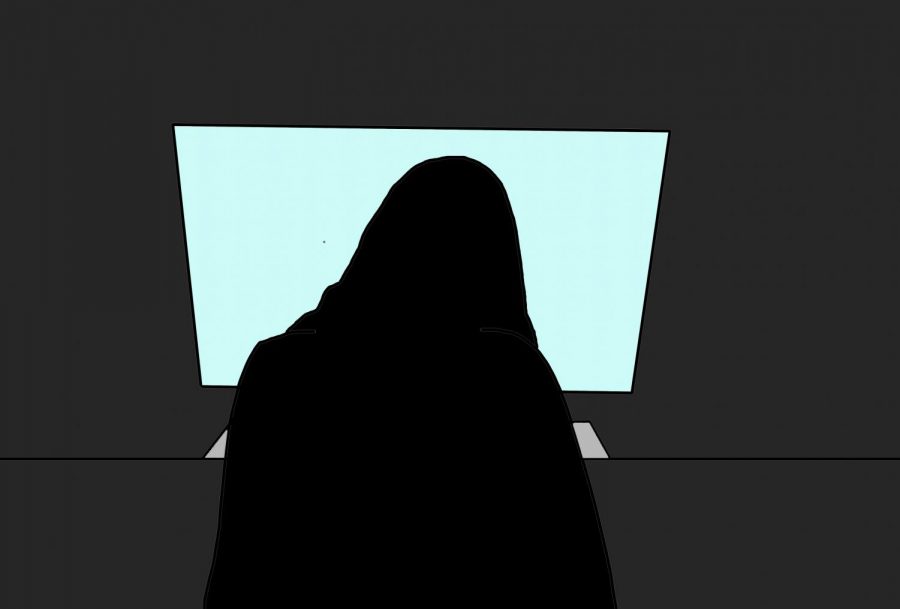
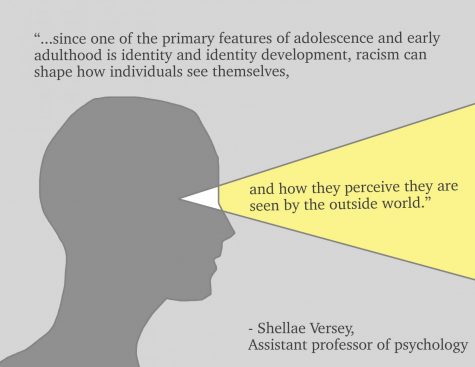
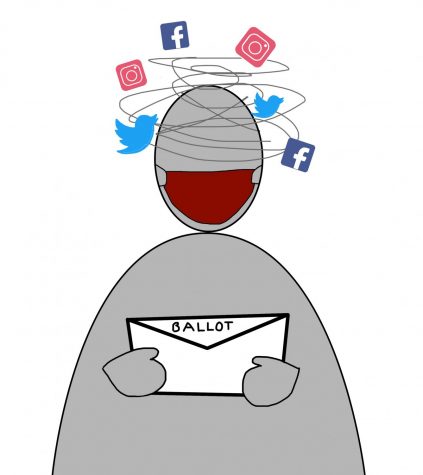
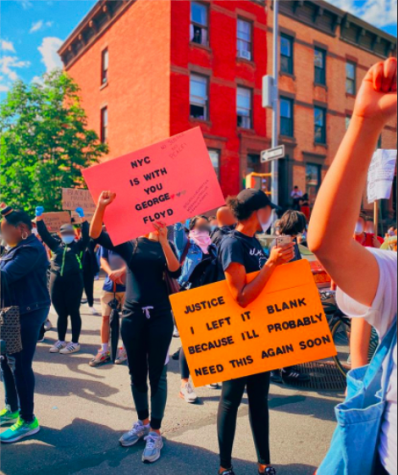
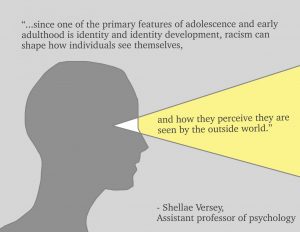
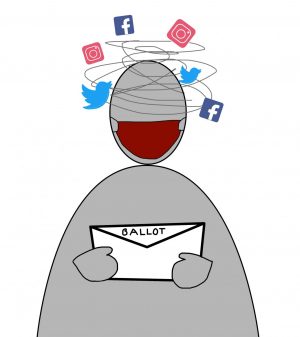
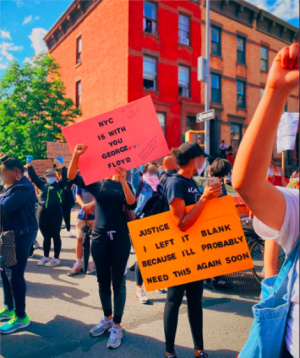
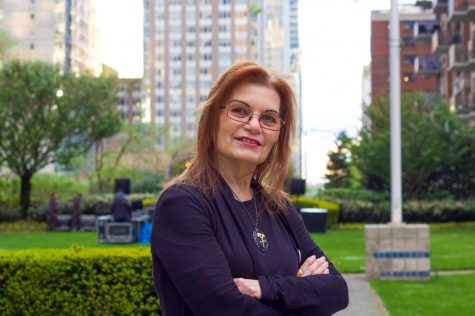
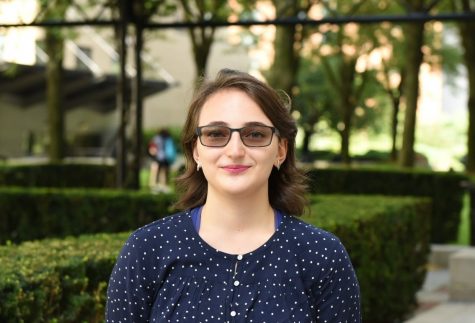












Norman Whitehead III • Nov 9, 2020 at 6:46 pm
How very boring.